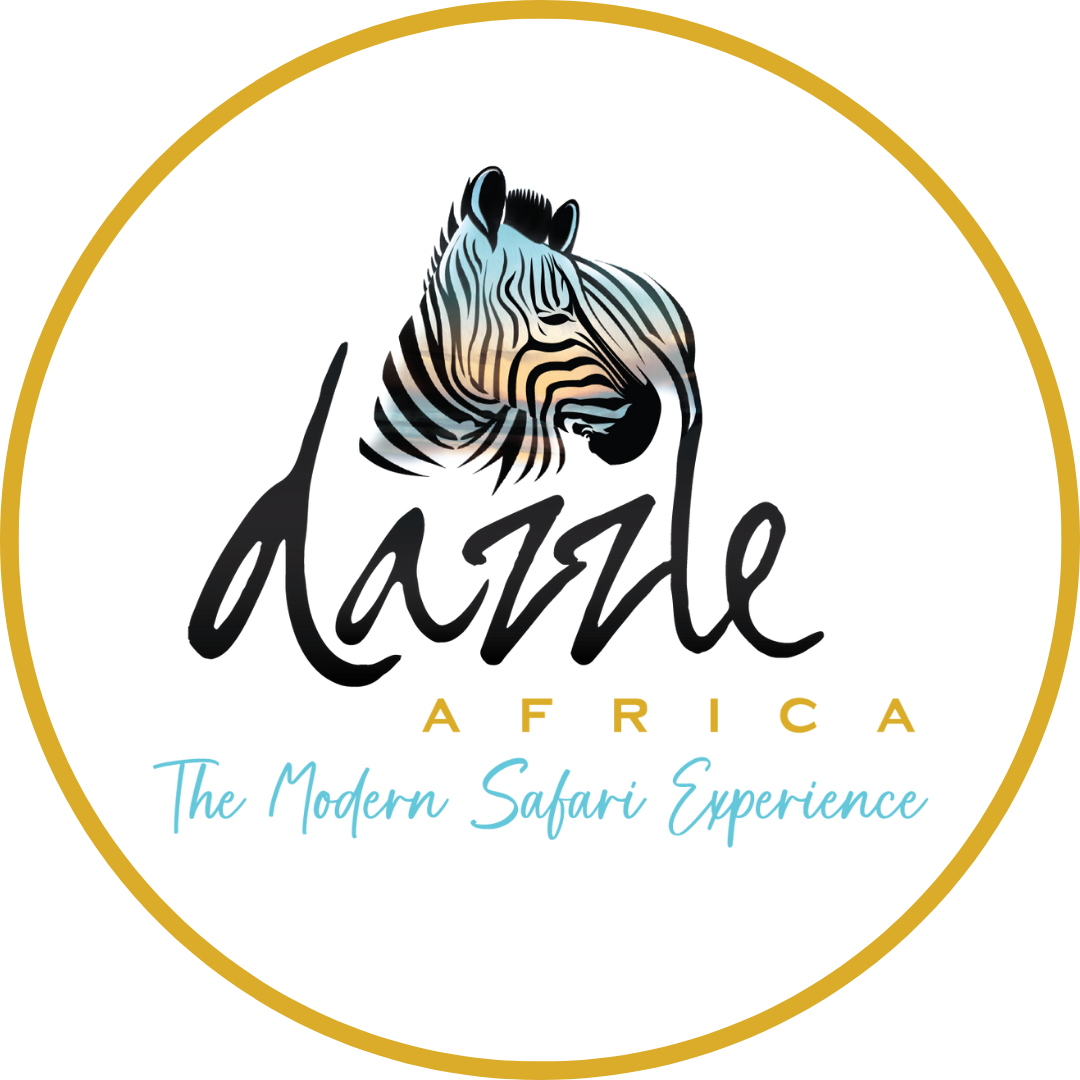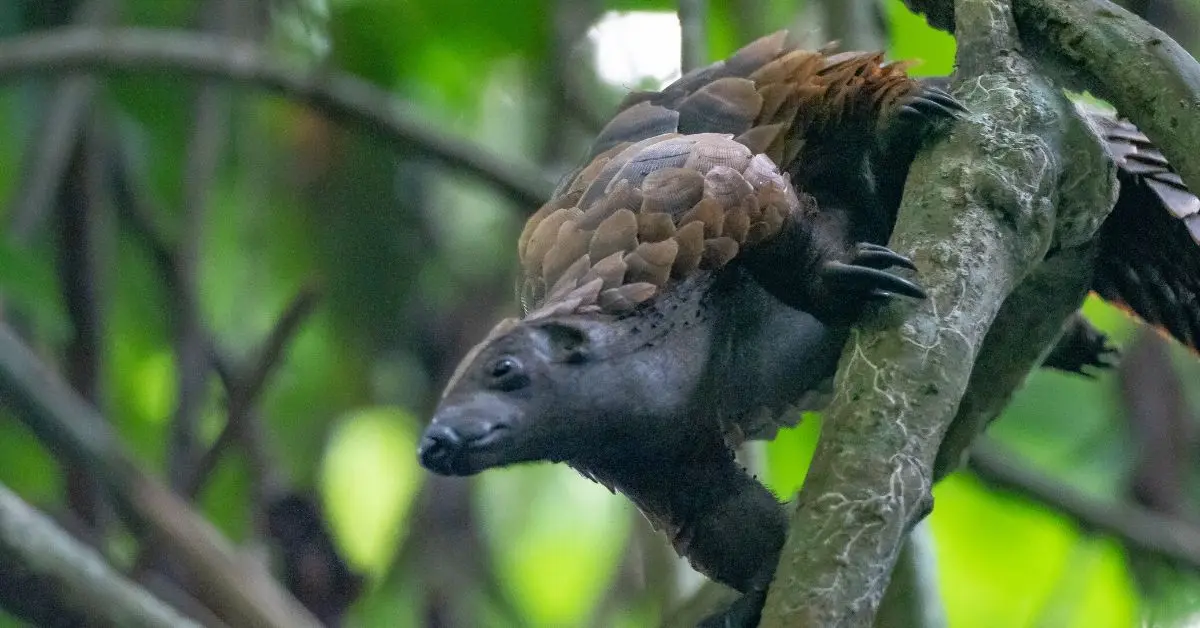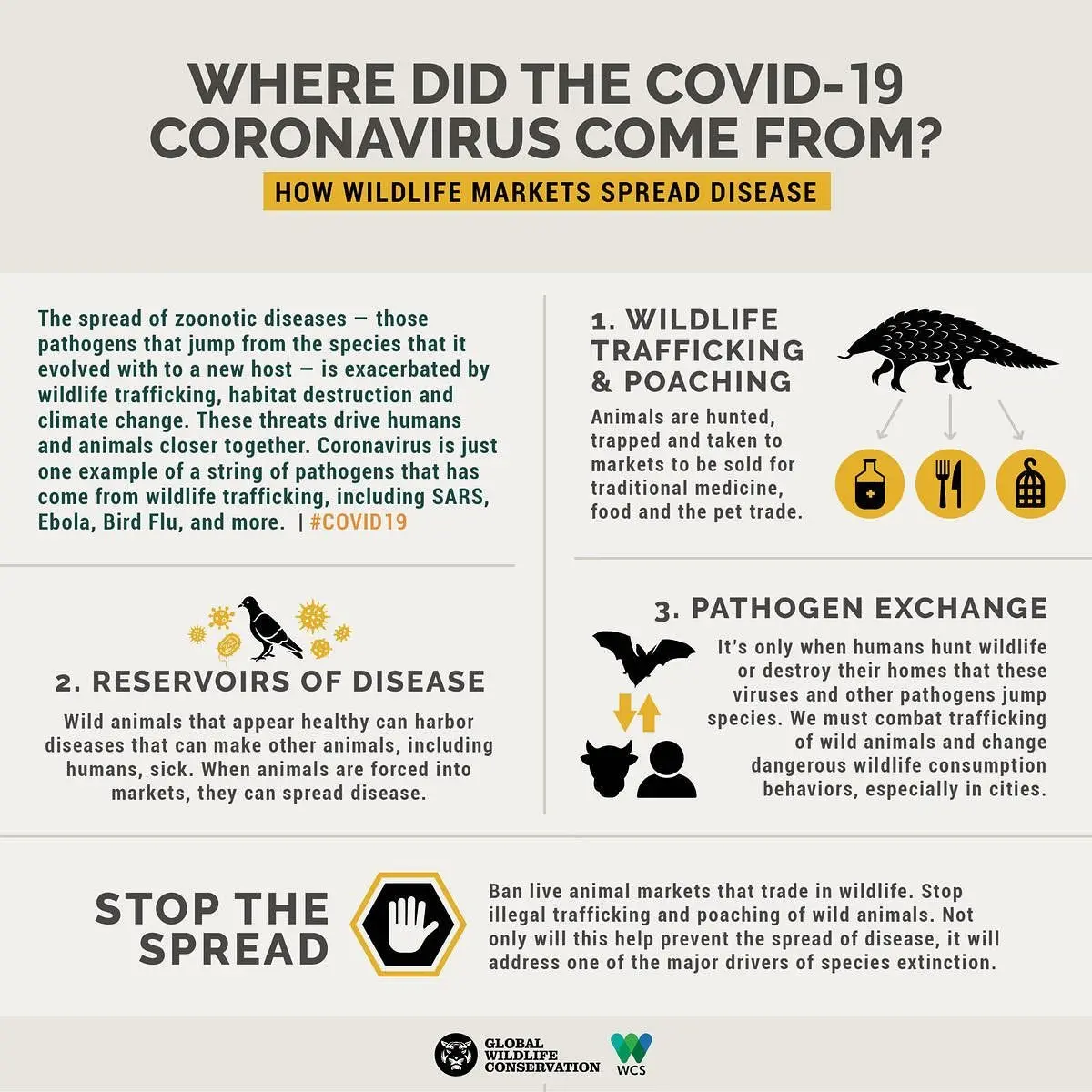Where did the Coronovirus Come From?
Pangolin photo credit: Mike Paredes
COVID-19 has disrupted life for everyone across the world and it is hard to see when things will go back to normal. The impact is apparent in industries across the world and the travel industry has been hit as hard as any. Large international airlines, huge hotel chains and some of the largest travel agencies in the world have all entered downturns including layoffs and canceled trips.
What does this have to do with conservation? For that answer, we have to go behind the scenes of tourism in Africa. Most of the time someone books into a camp in Africa that camp will give a small portion of the fee to local conservation and community causes. Usually, that portion is anywhere from $3-$5. That doesn’t seem like a lot on the surface, but when you extrapolate that for every person and every camp it adds up quickly. For example, if you have a camp with 10 tents that usually sells out every night the donation to conservation from that camp would be about $2,800 per month from one camp. That is just for a small camp. Dazzle Africa goes a step further and is a full non-profit so all the money you spend or donate goes directly back to conservation and communities even now.
There are many camps and all of those donations add up! Now with COVID-19 no one can travel. Most flights are canceled and as a result of no one visiting, many camps have had to close down or move to barebones staffing. Even if you could get there, most safari destinations have very restrictive quarantine restrictions for travelers coming from COVID saturated countries. In Zambia, any traveler coming from the US or Europe has to be in quarantine for two weeks before being able to go anywhere. That is a non-starter for most vacation plans.
As if all of that were not enough there is another big reason for a large loss of funding to conservation: the season. The high season for safari travelers is June-October. That means that the highest occupancy times and the highest rates have all been removed from revenue streams. No revenue streams for camps means a large portion of conservation funding is completely removed.
Every time someone travels on safari they drive money into the local economy and help to create jobs in that region. This matters because with no money entering there are fewer jobs for local people. With fewer jobs that leave the ecosystems at a big risk. The illegal wildlife trade is always looking for ways to infiltrate communities and economic distress is one of the easiest ways to do that. Poaching can’t happen without help on the ground and the illegal wildlife trade has enough money to easily tempt financially troubled areas. No tourism means no jobs and no jobs means not a lot of choices for local communities. Hard to blame someone for taking money to turn a blind eye when the other option is no food on the table.
Everything laid out so far is an unfortunate view of the current state of affairs so let’s find some hope and ways to help. First, don’t cancel your trips if you can at all help it. Africa has not been hit hard by COVID-19 so far so there is a very low risk of contracting the disease while on safari. The quarantine policies will eventually be lifted, so rescheduling has been a great option for most summer 2020 travelers. Second, donate where you can (may I suggest Dazzle Africa?). Times are tough for a lot of people even in developed countries but it is important to support areas in need now more than ever. Finally, you can help spread awareness of these issues. Start by sharing this blog post. Meaningful action comes in all shapes and sizes, so sometimes you need to just take the first step. Reach out and we are happy to help you take that step :).


